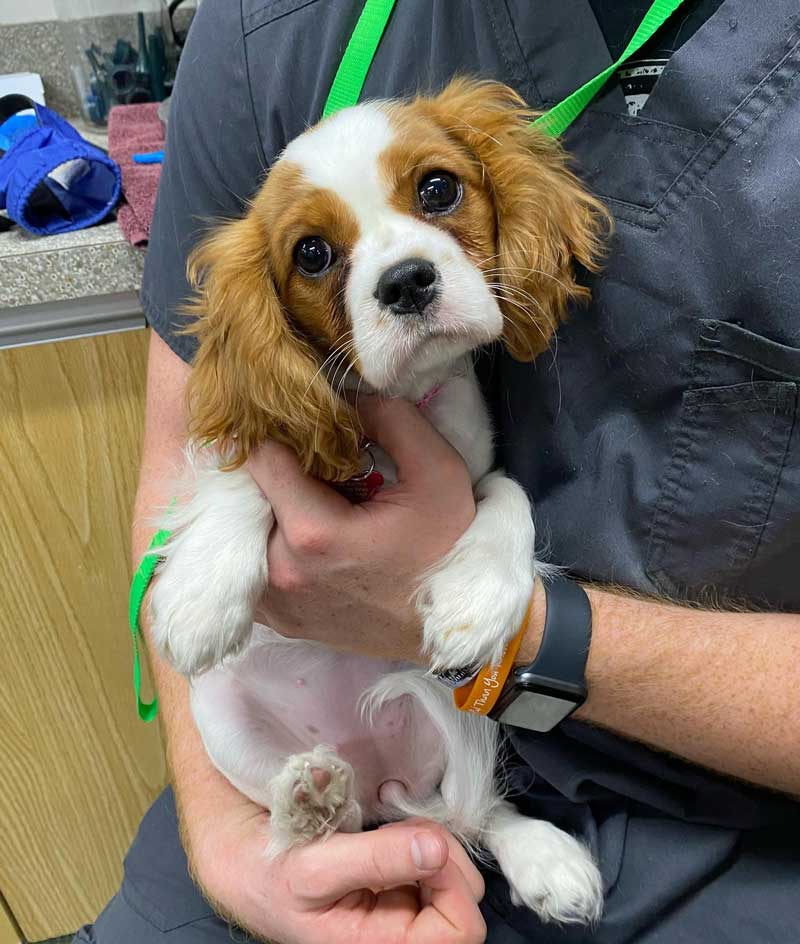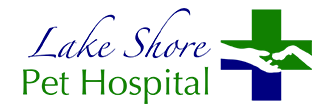Understanding Cat and Dog Supplements
Cat and dog supplements are more popular than ever, with pet owners seeking treatment alternatives to prescription medications to soothe their companions’ ailments and improve their quality of life. According to the American Veterinary Medical Association, about 1 in 3 dog-owning households in the US give their pets health supplements. Furthermore, about 1 in 5 cat-owning households support their felines with supplements. Multivitamins and joint supplements are purchased the most to improve wellness and provide pain relief for their dogs and cats.
Despite their popularity, supplements for cats and dogs have less scientific support backing up their efficacy compared to prescription medications administered by veterinarians. Supplements are not intended to diagnose, treat, cure, or prevent disease in dogs and cats. Regardless, nutraceuticals, vitamins, CBD products, liver supplements, and more continue to be attractive healthcare options for many pet owners.
What are Nutraceuticals?
Nutraceuticals are pharmaceutical-grade food nutrients. They contain vitamins, minerals, extracts, herbs, and amino acids.
Some common examples of nutraceuticals include:
- Omega-3 fatty acids
- Antioxidants
- Glucosamine
- Chondroitin
- Multivitamins
- Probiotics and prebiotics
Are They Safe?
Nutraceuticals (and supplements in general) are generally safe, but they are not subject to the same degree of scrutiny as prescription medications and other FDA-approved products. Furthermore, being natural does not automatically make a supplement safe. Given incorrectly, any medication or supplement can be toxic. Side effects can also occur. If you are considering nutraceuticals for your pet, get in touch with your vet to get more information and find out if there are better options out there.
What are CBD Supplements?
CBD supplements are supplements containing CBD + CBDA oil and can be added to food or placed directly into the mouth, either via a syringe or in a capsule. These supplements are designed to help with joint pain, stress, and itching, and increase the overall quality of life for senior pets.
Are They Safe?
CBD products are not all equal. It might be tempting to purchase CBD supplements over the counter for your pet; however, these products are not properly regulated and do not have sufficient quality control. Therefore, we cannot recommend over-the-counter products to your pet. It is also not safe to give your pet any CBD product that is made for human consumption. Instead, we offer quality CBD products here at our hospital that undergo rigorous testing and improvement to be deemed safe for pet consumption. Ellevet, a veterinarian-recommended brand, creates safe, effective CBD + CBDA supplements for dogs and cats. These products have yielded promising results for relieving pain and improving mobility in dogs with joint disease and reducing anxious behaviors in stressed pets. Other uses for CBD include itch relief, neurological support, and overall wellness.
Find out more about the science behind pet Ellevet’s CBD products here.
Does My Pet Need Daily Vitamins?
If your pet is already eating a nutritious, balanced diet, they probably do not need daily vitamins. If their current diet is unbalanced and lacking in key nutrients, however, a daily vitamin might help if it is given in combination with a higher-quality diet. Your veterinarian may also recommend vitamins for your pet if they have a chronic health condition.
Grain-Free Diets
Generally, grain-free foods are foods in which corn and rice is replaced with potatoes and legumes as the primary carbohydrate source. In 2018, the Food and Drug Administration launched an investigation into the supposed connection between grain-free diets and heart disease in dogs, with Golden Retrievers being most affected.
The grain-free foods reviewed did not show a marked difference from their grain-containing counterparts. Overall, the investigation has proven to be inconclusive so far, but veterinary cardiologists do recommend that pet owners purchase their dogs’ food through reputable manufacturers such as Hills, Purina, and Royal Canin.
Raw Diets
Some pet owners prefer to feed their pet a raw diet, believing it to be a healthier alternative to processed pet foods. However, there are some risks that come with raw meat, eggs, and milk. The American Veterinary Medical Association (AVMA) discourages feeding raw diets, as they can contain pathogens that are harmful to animals and humans, including Salmonella, E. coli, Listeria, and Staphylococcus.
AVMA goes on to suggest the following for pet owners to reduce health risks when feeding their animals a raw diet:
- Providing fresh, balanced, and commercially prepared or home-cooked food, and disposing of uneaten food immediately
- Washing your hands and other surfaces after preparing the food
- Not feeding your pet inadequately treated animal-source proteins
Joint Supplements
Joint supplements like Dasuquin contain certain levels of glucosamine and chondroitin sulfate, which help to support the joints, and ASU, an ingredient derived from avocados and soybeans which can improve joint function and comfort. Dasuquin also contains green tree extract.
Dasuquin is quite safe overall, and has no known contraindications, and has not been known to interact with other drugs or supplements. We recommend consulting with your veterinarian to find out if Dasuquin is the best choice for your pet.
Synthetic Pheromones
Products that mimic natural animal pheromones can also play a role in enhancing a pet’s quality of life. Adaptil and Feliway are often recommended as solutions to anxiety and anxious behaviors in dogs and cats because they mimic natural pheromones, which communicate comforting messages to our pets. Both Feliway (for cats) and Adaptil (dogs and cats) are safe, drug-free, and recommended by veterinarians.
If you have questions about what is best for your pet, call your Lake Shore Pet Hospital veterinarian at (410) 317-2028 or book an appointment online.

